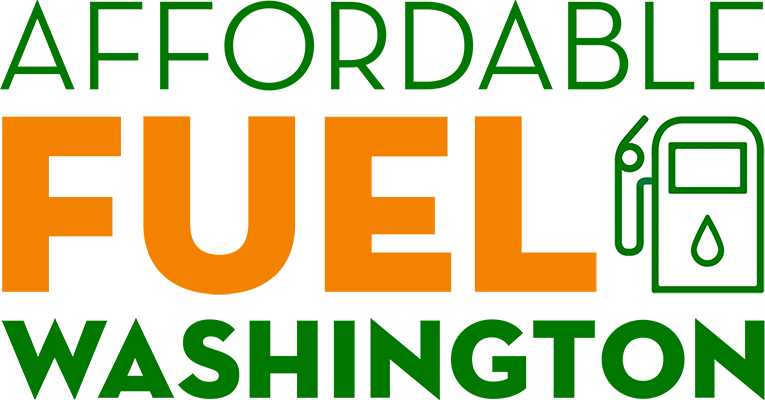Washington unseated California this week as the state with the most expensive gasoline.
Prices here have been steadily climbing since January, reaching $4.91 per gallon of regular gas on average this week, surpassing the Golden State, the longtime national leader at the pump, according to a Seattle Times analysis of retail pump prices compiled by AAA. The average price exceeded $5 a gallon on Wednesday in King County.
Experts say Washington’s price surge is linked to the state’s latest, most-ambitious efforts to battle climate change, specifically the new carbon-pricing program launched this year that charges businesses for the greenhouse gases they emit. The first two quarterly auctions of emission allowances raked in more than $850 million. …
Gas prices started increasing across the country at the beginning of the year, but their growth rate in Washington outpaces most other states. According to the Times analysis of AAA data, Washington and Oregon have traditionally had similar prices at the pump. From 2015 and 2022, a gallon of regular gasoline in Washington was on average 11 cents more than in Oregon. But since January, that spread has more than tripled, to 37 cents. Experts point out that the only difference between the two states is that Oregon hasn’t yet rolled out a carbon-pricing or cap program. …
At Washington’s May 31 auction, allowances to pollute one metric ton of carbon dioxide emissions sold for nearly double the cost of those sold in California and Quebec’s latest auction.
After Washington’s first auction, the president of the Western States Petroleum Association, said it was “unnecessarily expensive” and would harm consumers and the economy. …
Earlier this year, state lawmakers invited Severin Borenstein, University of California Berkeley professor of business administration and public policy, to help explain what factors contribute to fuel prices. In an interview with The Seattle Times, he said it is beyond controversy that Washington’s carbon-pricing program contributed to the jump in prices. …
In the months leading up to the laws’ implementation, Inslee promised the carbon-pricing program would have little to no impact on the consumer.
“This is going to have a minimal impact, if any. Pennies. We are talking about pennies,” Inslee said last year. “Potentially, not all of this would be passed off to the consumer, and what they would [pass on] would be pennies.” …
Read the Complete Article »